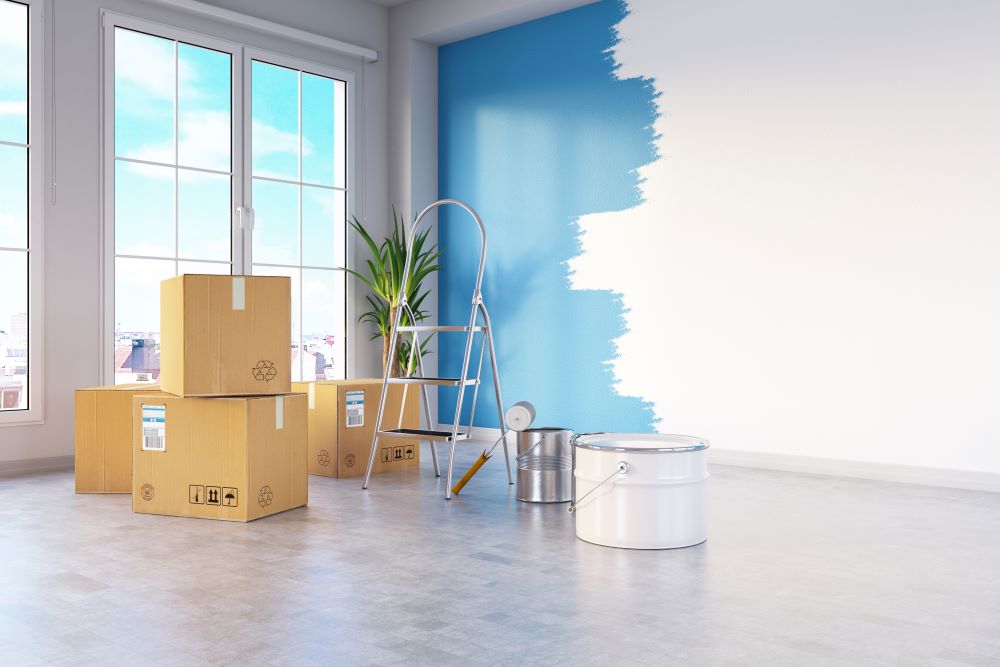How to protect an unoccupied house
Whether you've moved out and your former home is up for sale, you're saying goodbye to your lake cabin until spring or you're snow birding for the winter, an unoccupied home is vulnerable to break-ins and environmental damage. These tips to protect your property can help you worry less and live more while you're away:
For a truly vacant, empty home
Fortunately, in our hot real estate market, well-priced, well-maintained homes don't tend to sit empty for long. But if you're moving into a new home before yours is sold and you aren't keeping it staged, know that it's more likely to suffer damage than if you left it looking lived in. PEMCO, like most insurers in the United States, maintains coverage limitations on vacant homes. For example, we can't cover glass breakage and vandalism/malicious mischief on homes that are empty for more than 30 days.
For vacant homes, we urge sellers to take many of the same steps they would for an off-season vacation property (see below), except for turning off the water, since prospective buyers might want to test fixtures and water pressure.

We also strongly encourage them to:
- Maximize exterior lighting, including adding motion-sensor lights, to improve security.
- Install monitored alarms, particularly water sensors in case a pipe leaks.
- Set the heat high enough to avoid dampness. Not only do you create a more welcoming environment for prospective buyers, but you discourage mold growth and reduce the chances of a frozen pipe during cold snaps.
Your local PEMCO agent or a representative at 1-800-GO-PEMCO can help with options for insuring a vacant home.
For seasonal-use homes
Water damage is the No. 1 risk to seasonal homes. If you know you won't be using the water system for weeks or months at a time:- Shut off your main water valve and drain water lines. (However, if you have an automated fire-sprinkler system, leave it on.) Check manufacturer recommendations to see if you also should turn off your water heater.
- If you do leave the water on, shut it off to individual fixtures (toilets, sinks, ice makers, washing machines, outdoor faucets).
- Drain toilet tanks and add RV antifreeze to the bowls. Also, pour a bit down sinks (so it stays in the P-traps).
- Disconnect garden hoses from outside faucets and cover them with plastic foam hoods.
- Beef up skimpy insulation in the crawlspace, attic and along outside walls.
- Check the home's sump pump to see that it's working.
- Clean gutters to prevent ice damming. During rapid snow melt, plugged gutters can cause water to seep back into the roof (causing leaks) or overflow near the foundation, causing leaks and settling.
We also recommend that you:
- Set timers on indoor and outdoor lights to give a lived-in appearance.
- Unplug electronics like TVs, computers, appliances, toasters and coffee makers, since they're vulnerable to power surges.
- Ensure that your tank is full if you heat with oil or propane, and set your thermostat no lower than 55 degrees to keep pipes from freezing. Open cabinet doors to help warm pipes under sinks.
- Trim dead limbs from trees near the house to protect against wind damage. Lock skylights and vents to keep out wind-driven rain and bring in patio furniture so it won't get blown around (and potentially shatter a window) in high winds.
- Check windows, especially older sliding aluminum frame windows, to make sure they're really locked. With age, latches tend to stick and if they're not (sometimes forcefully) pushed down into the window frame, the window can be slid open from the outside.
- Hire someone to handle exterior maintenance like leaf-raking and mowing so the home looks occupied. During the winter, pay for snow removal so emergency responders could reach the home in case of fire.
- Let trusted neighbors and local police know that your home will be empty. Many larger homeowners associations offer free drive-by security checks during vacations (a valuable and often overlooked HOA benefit).
Share on social media